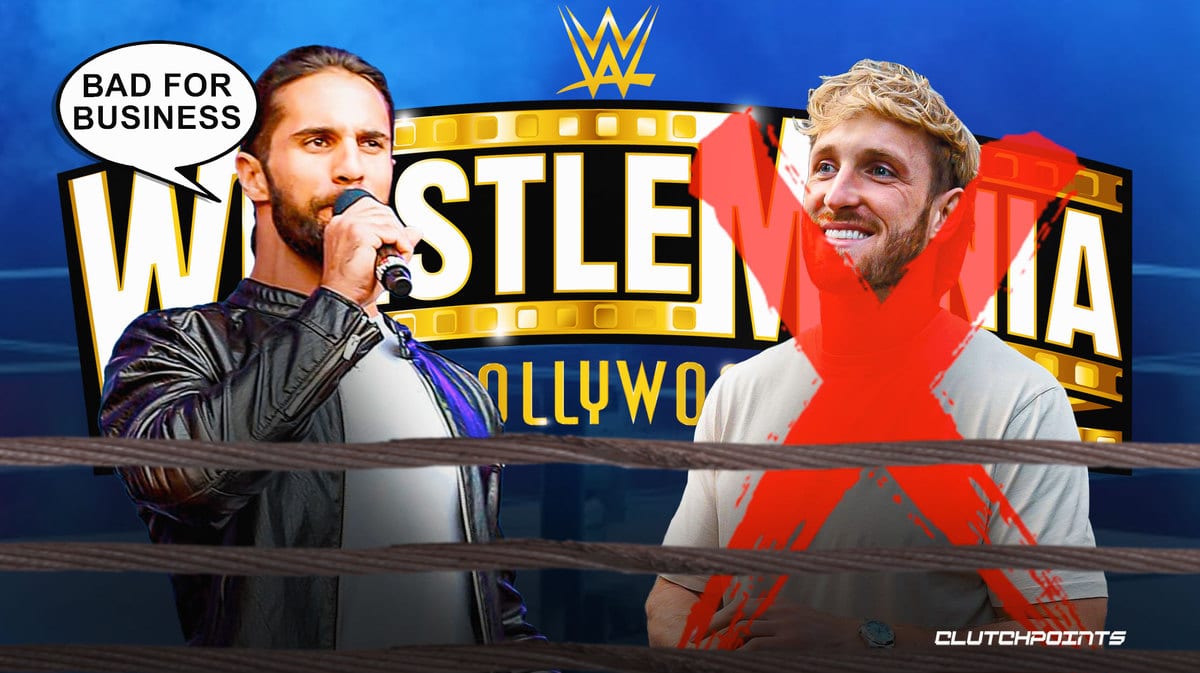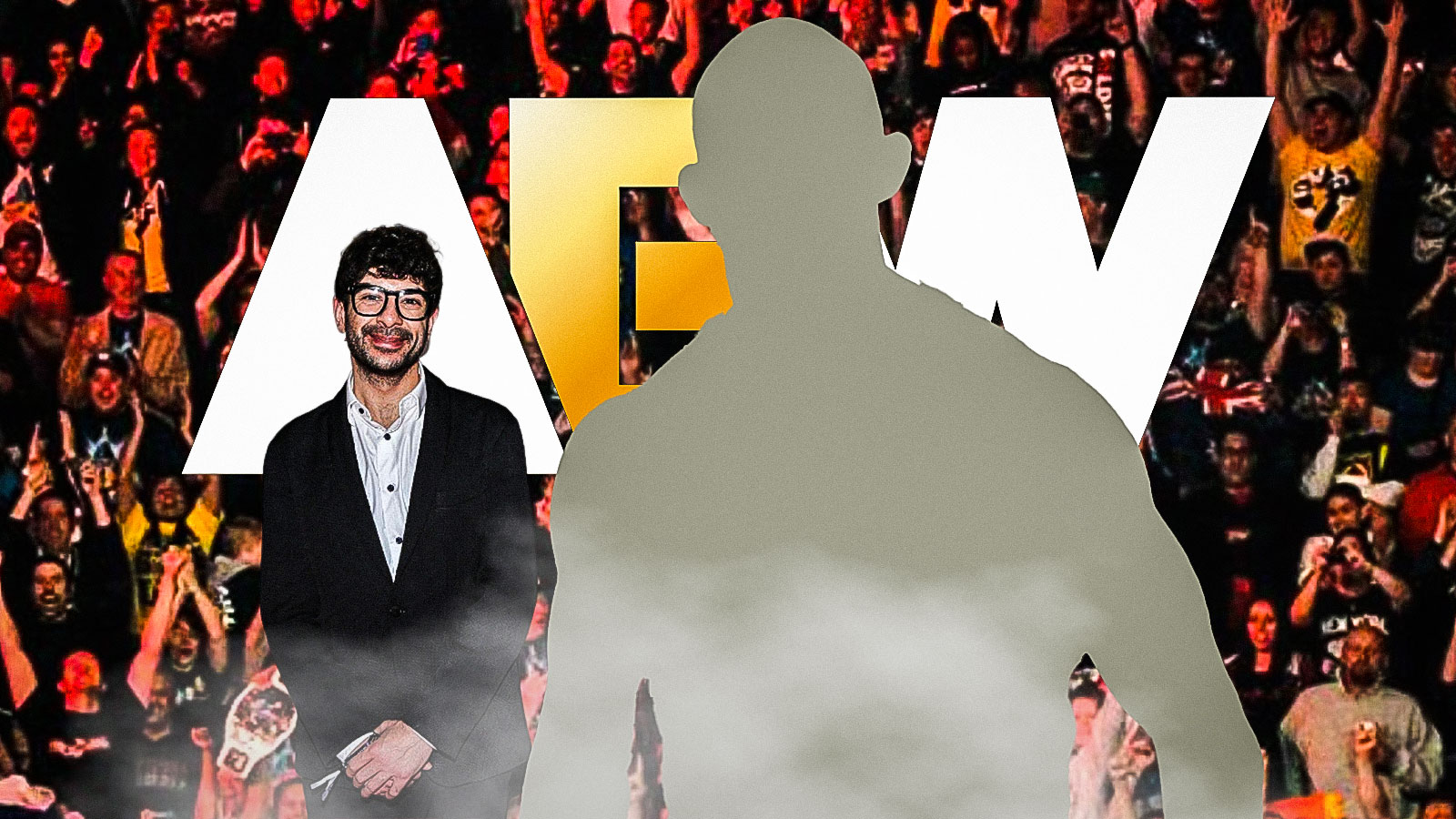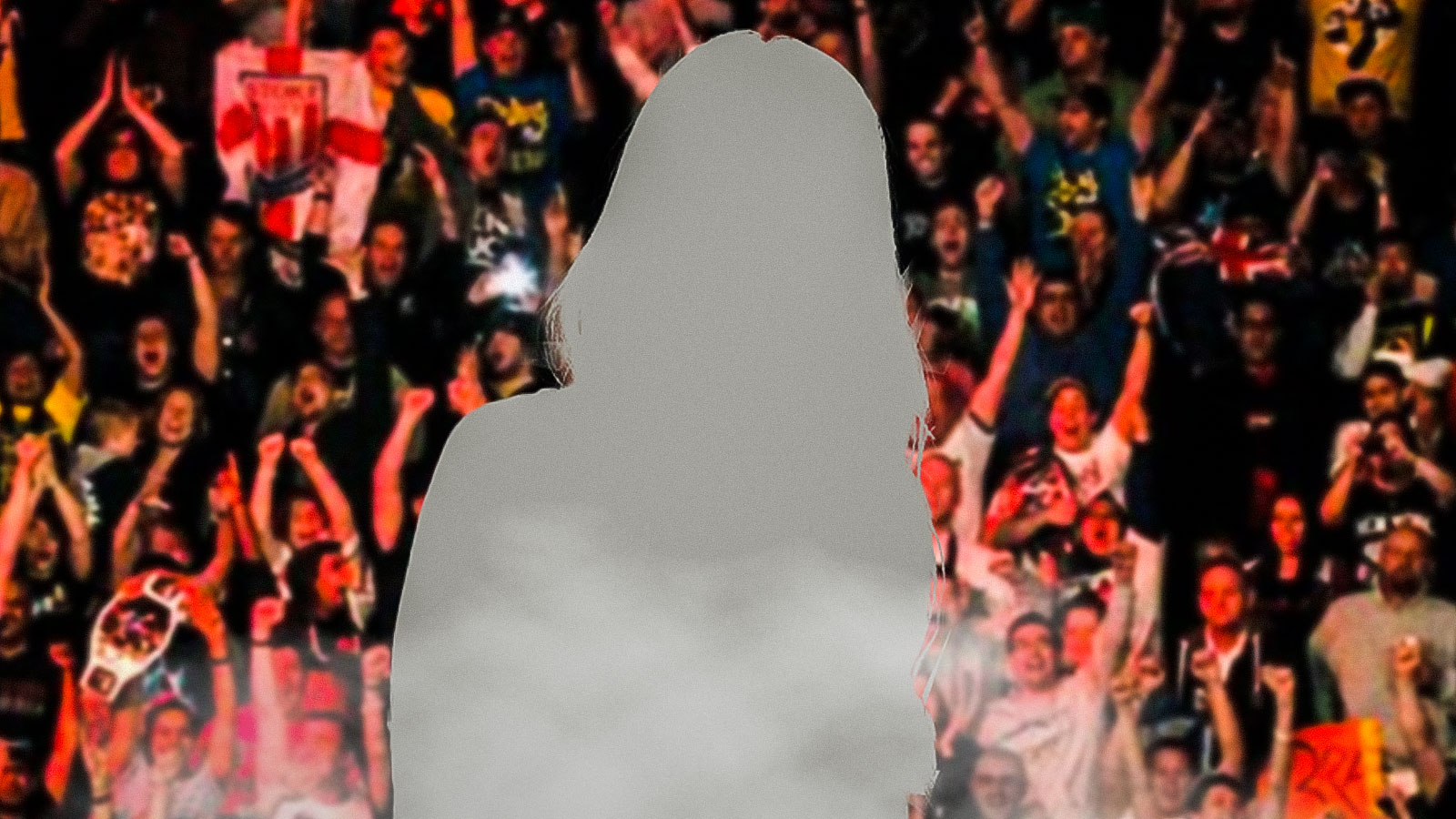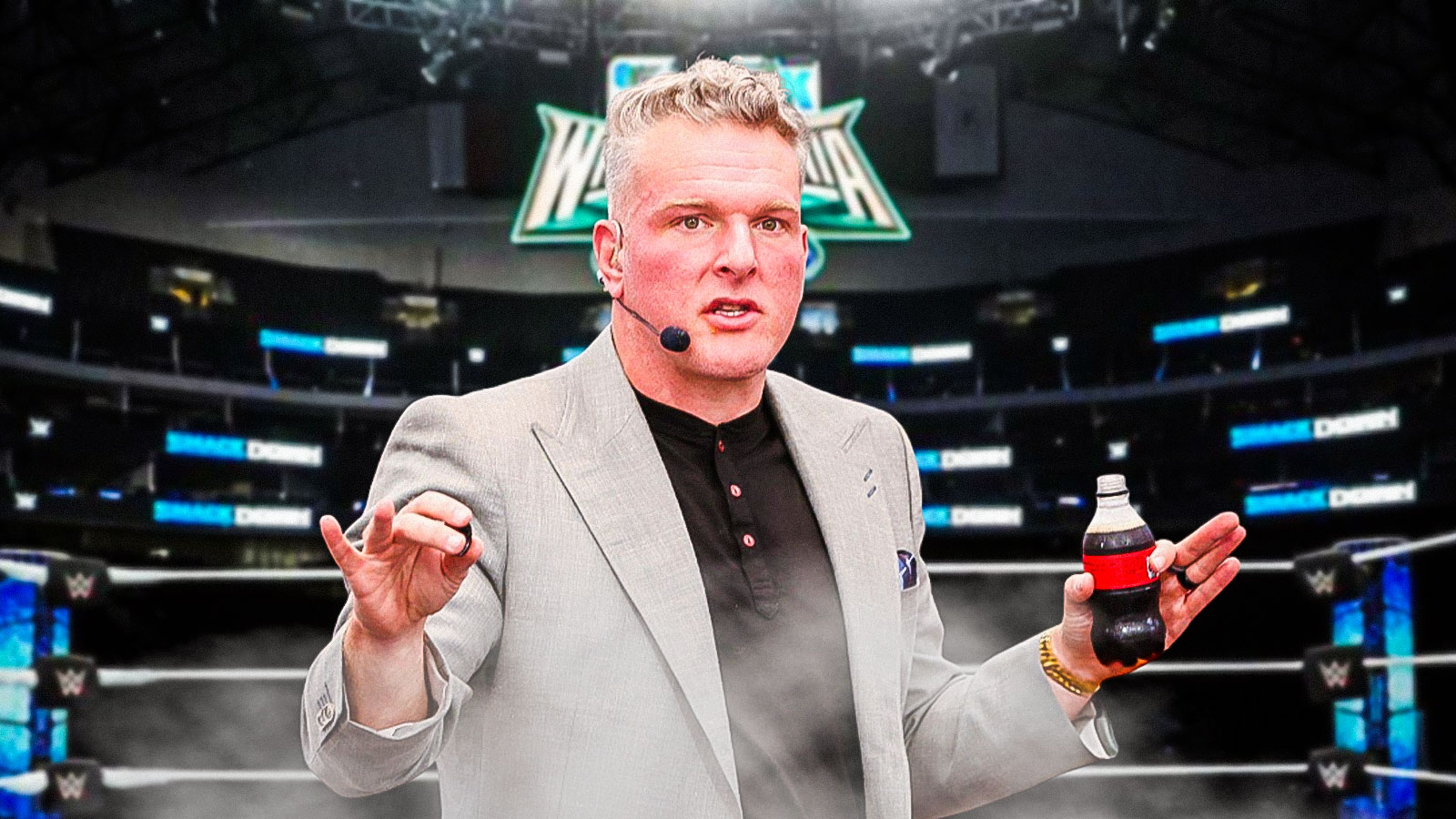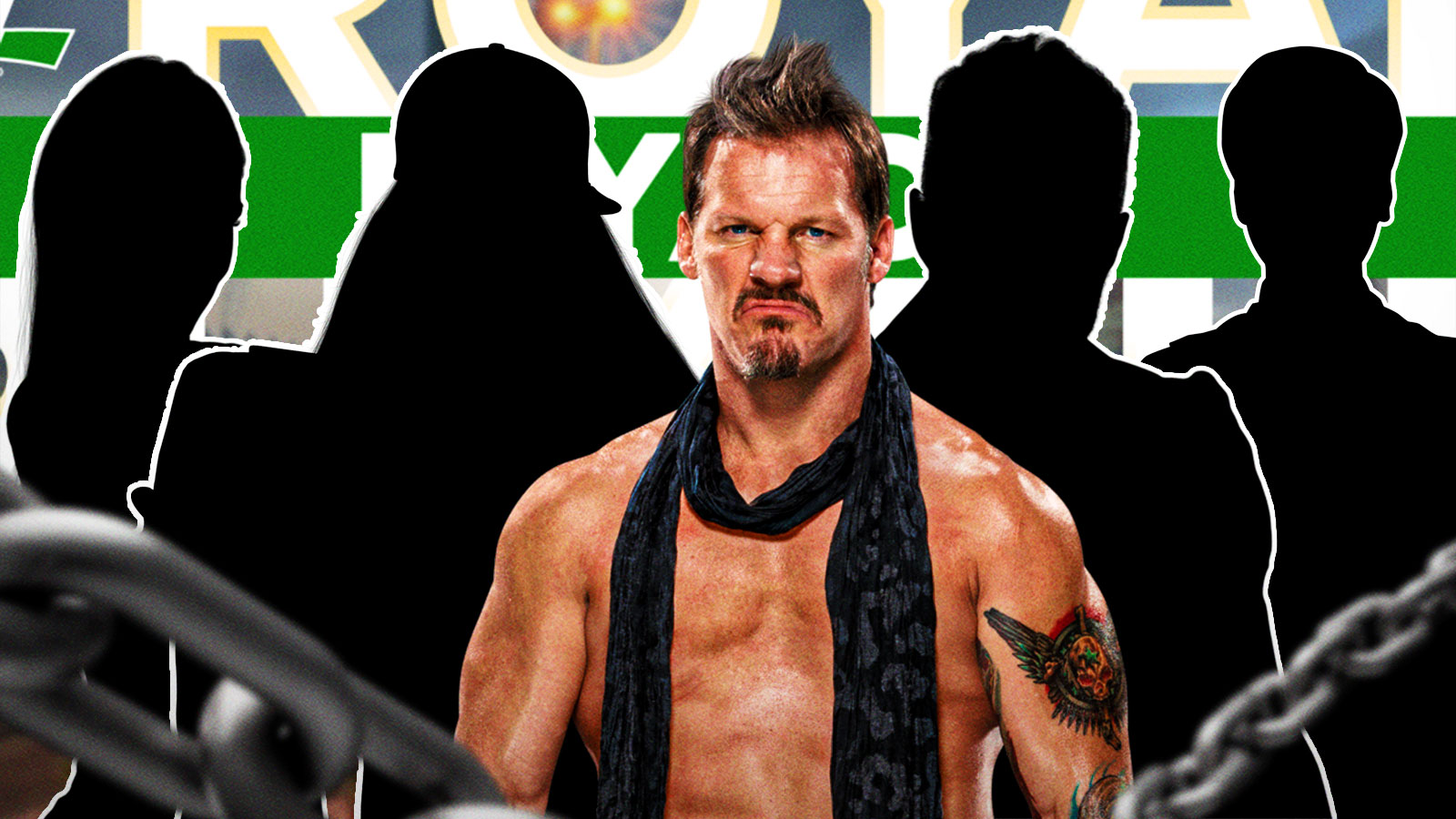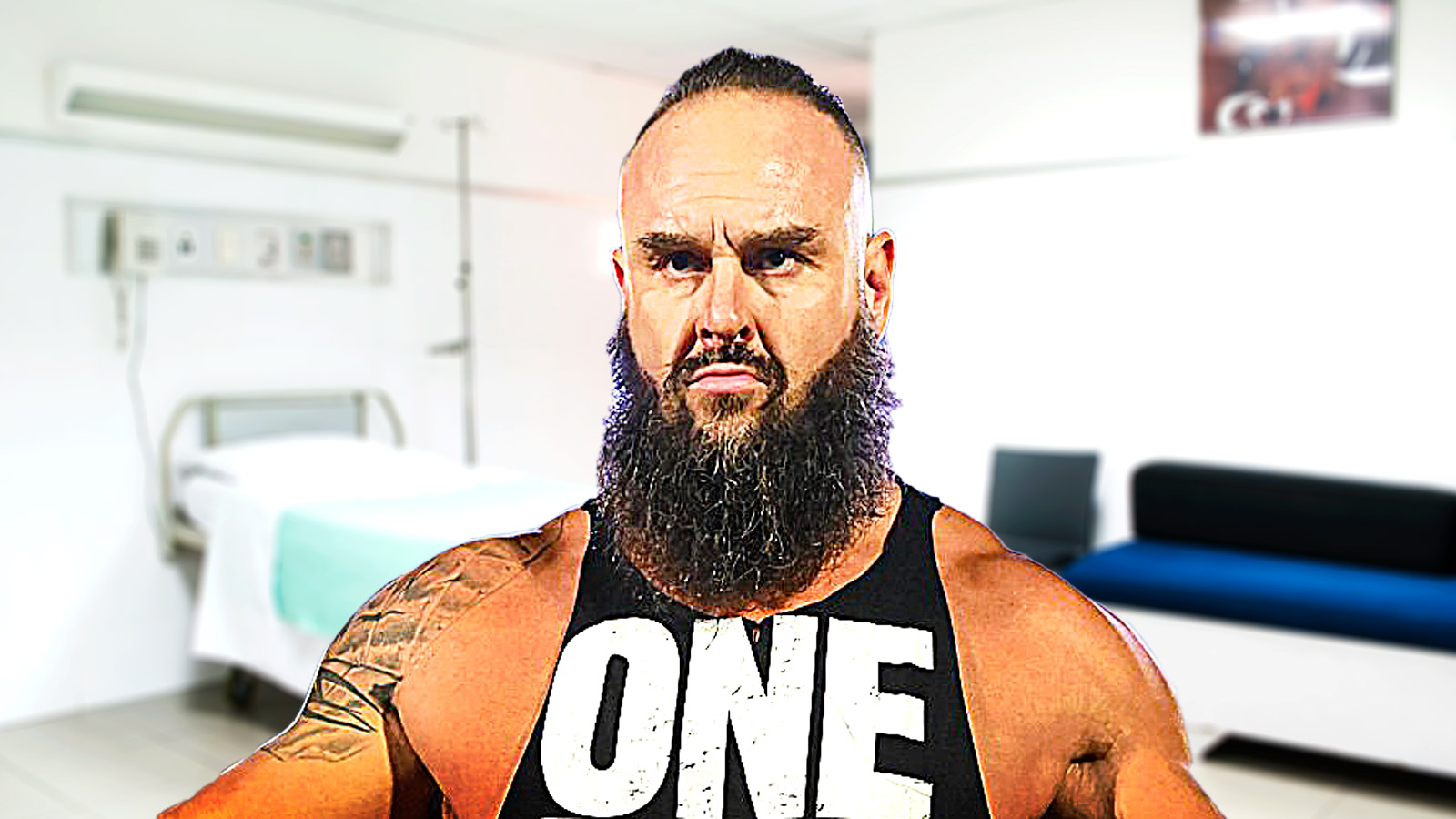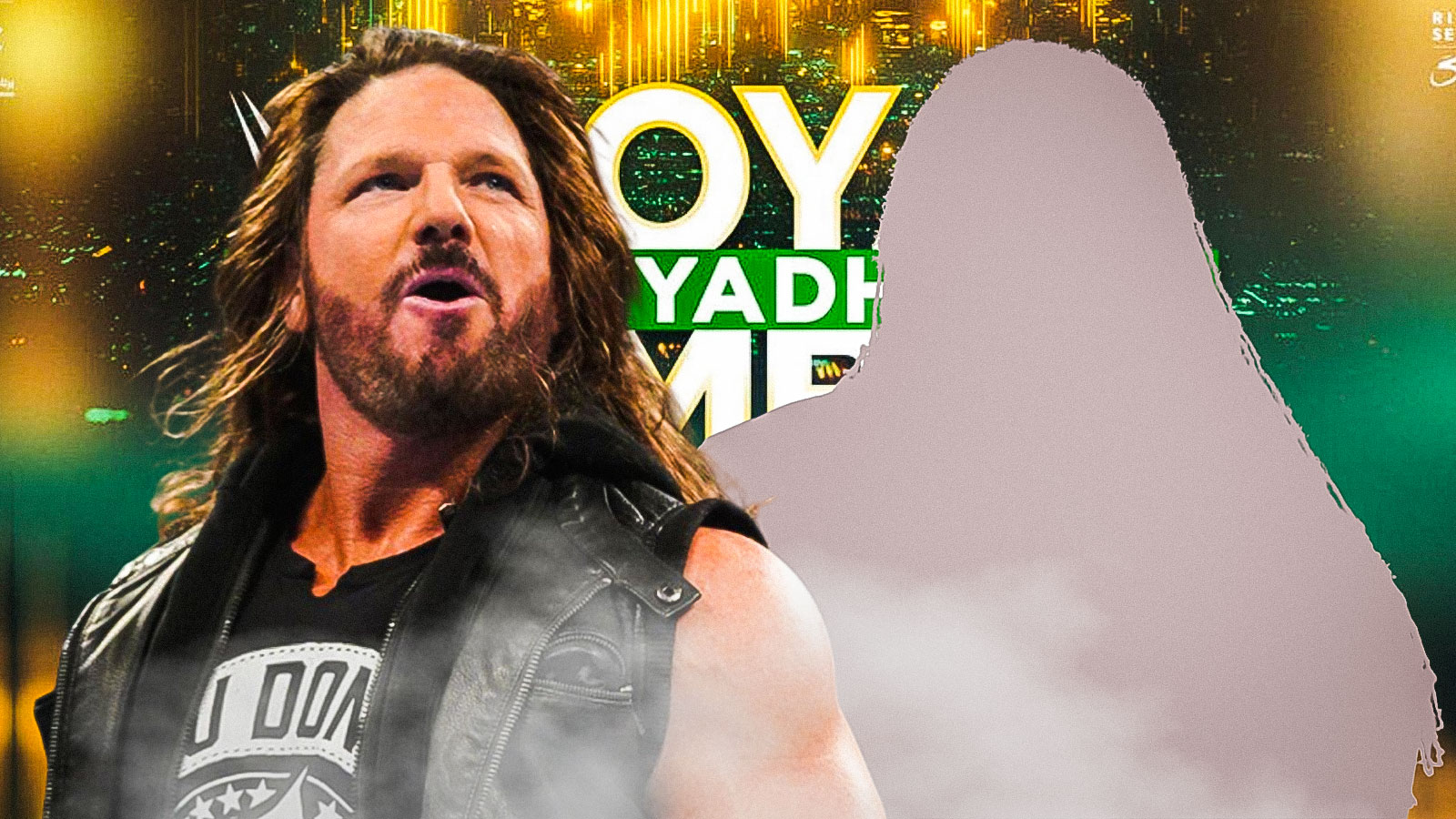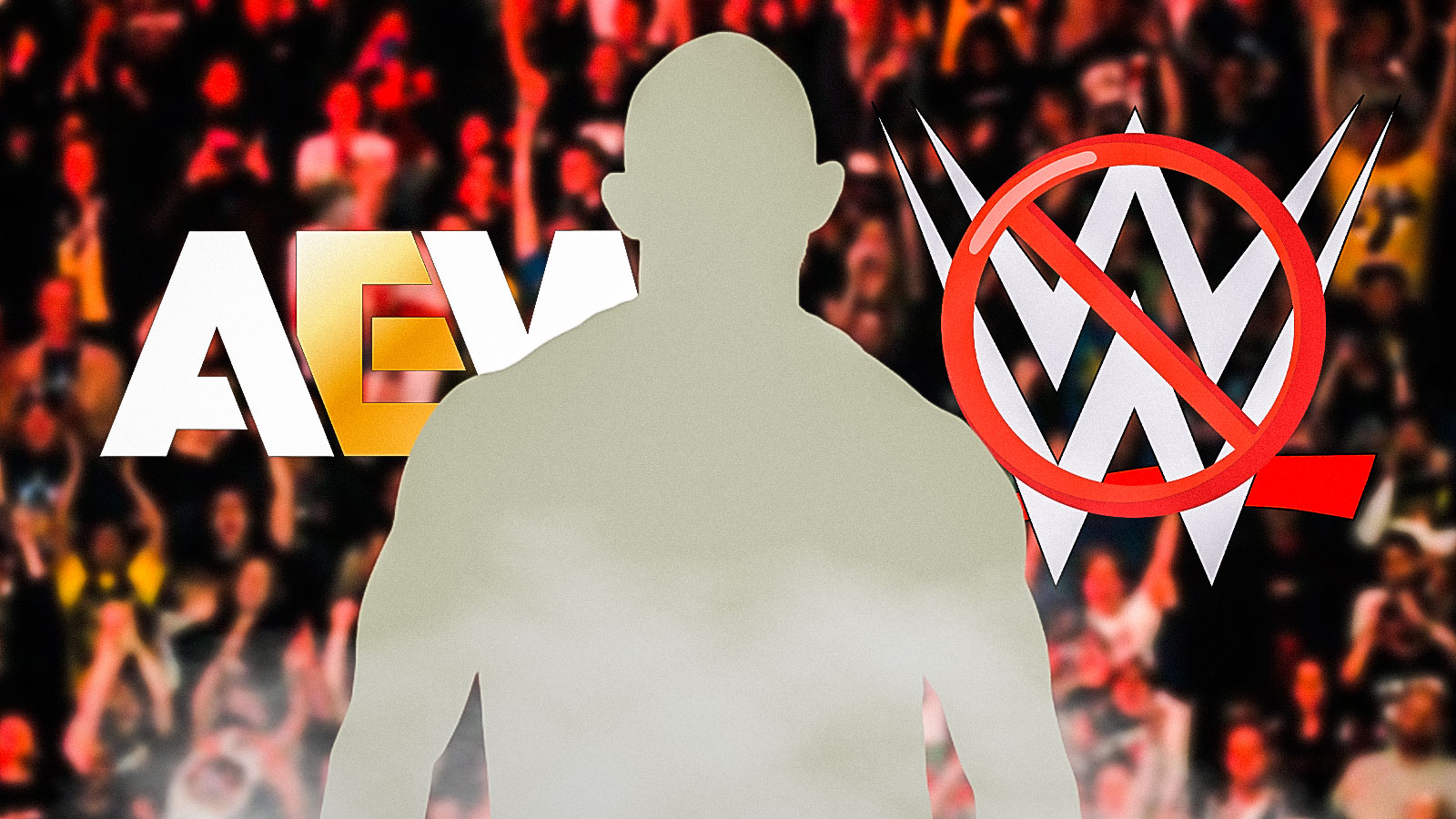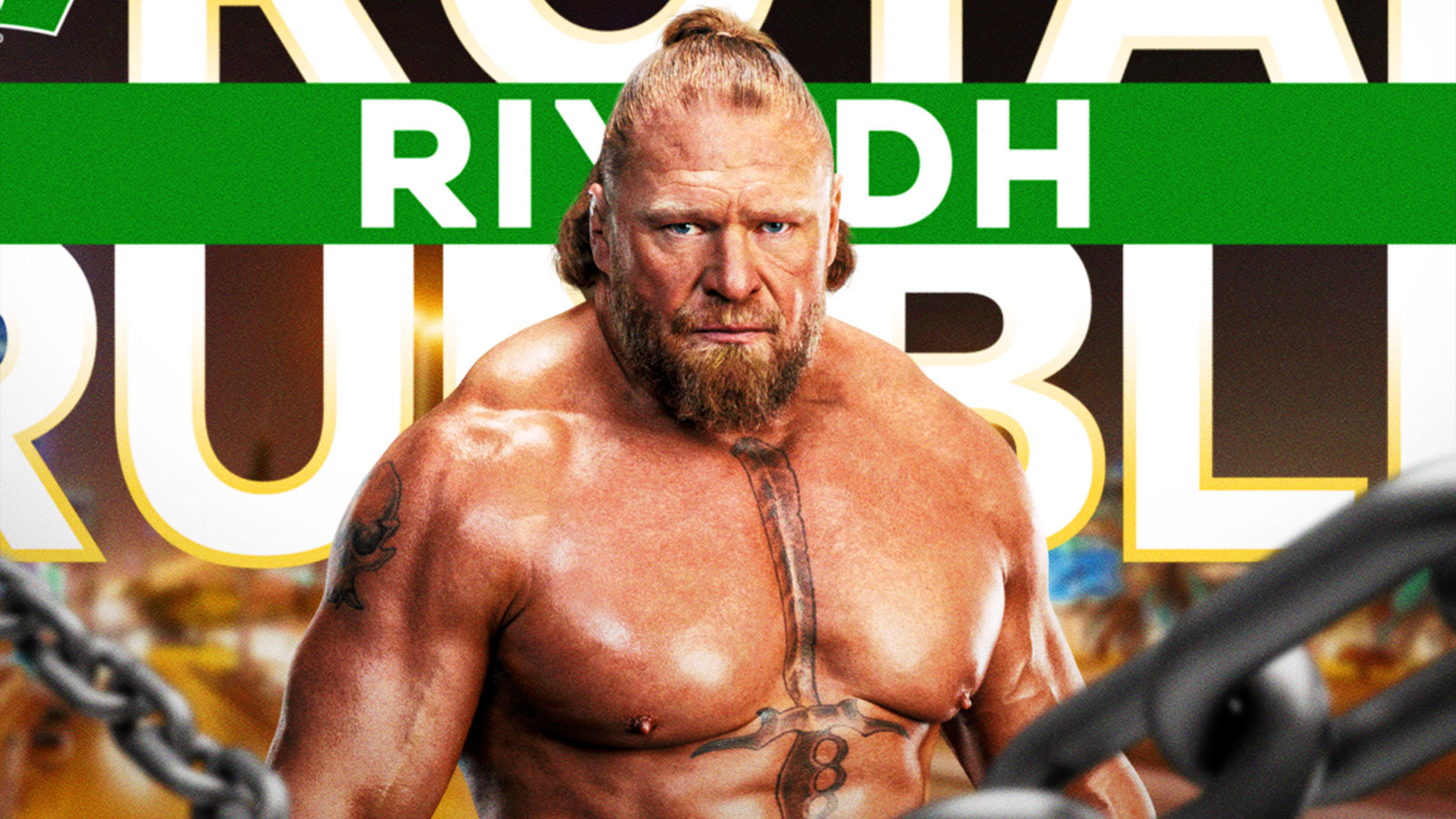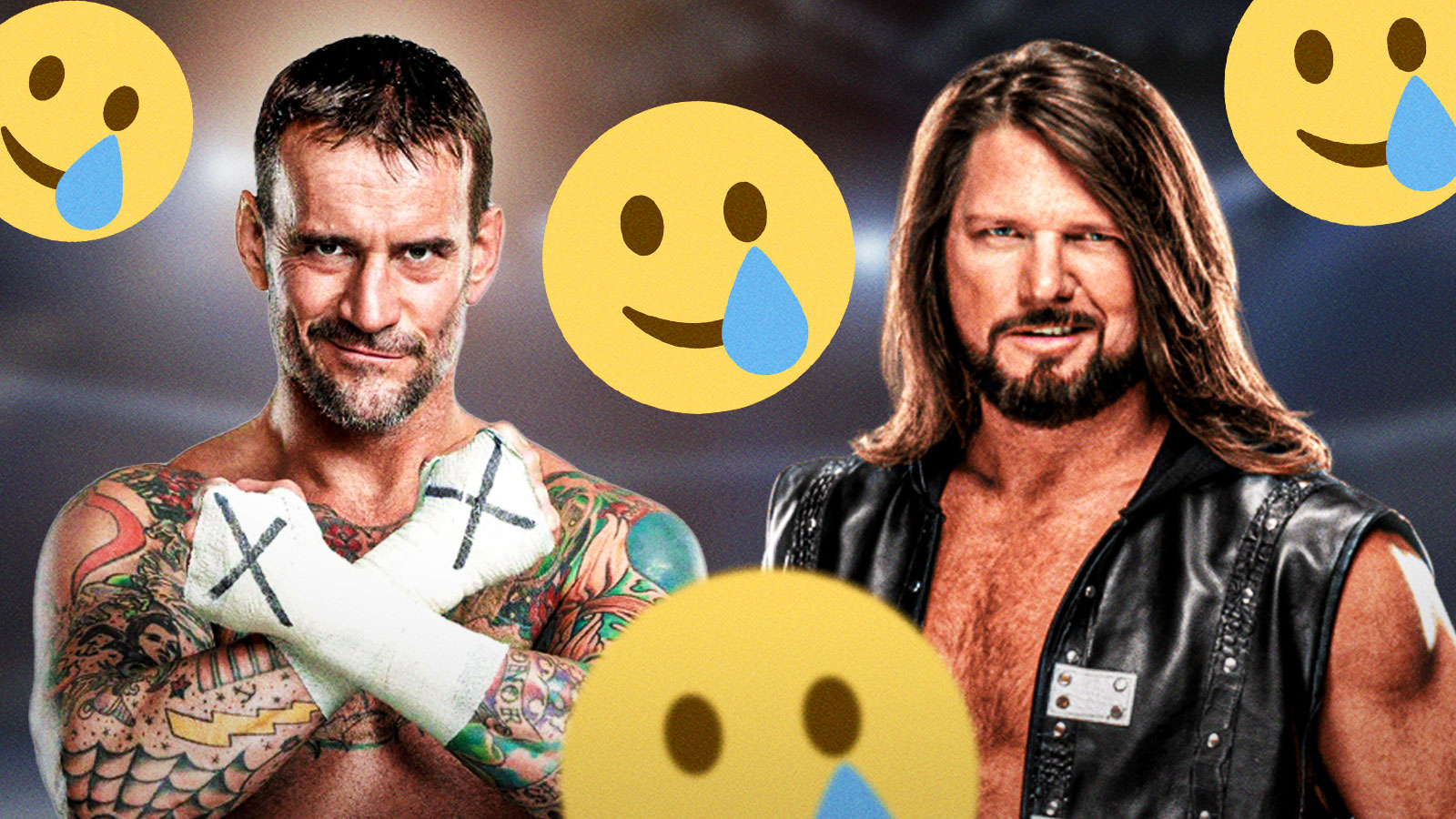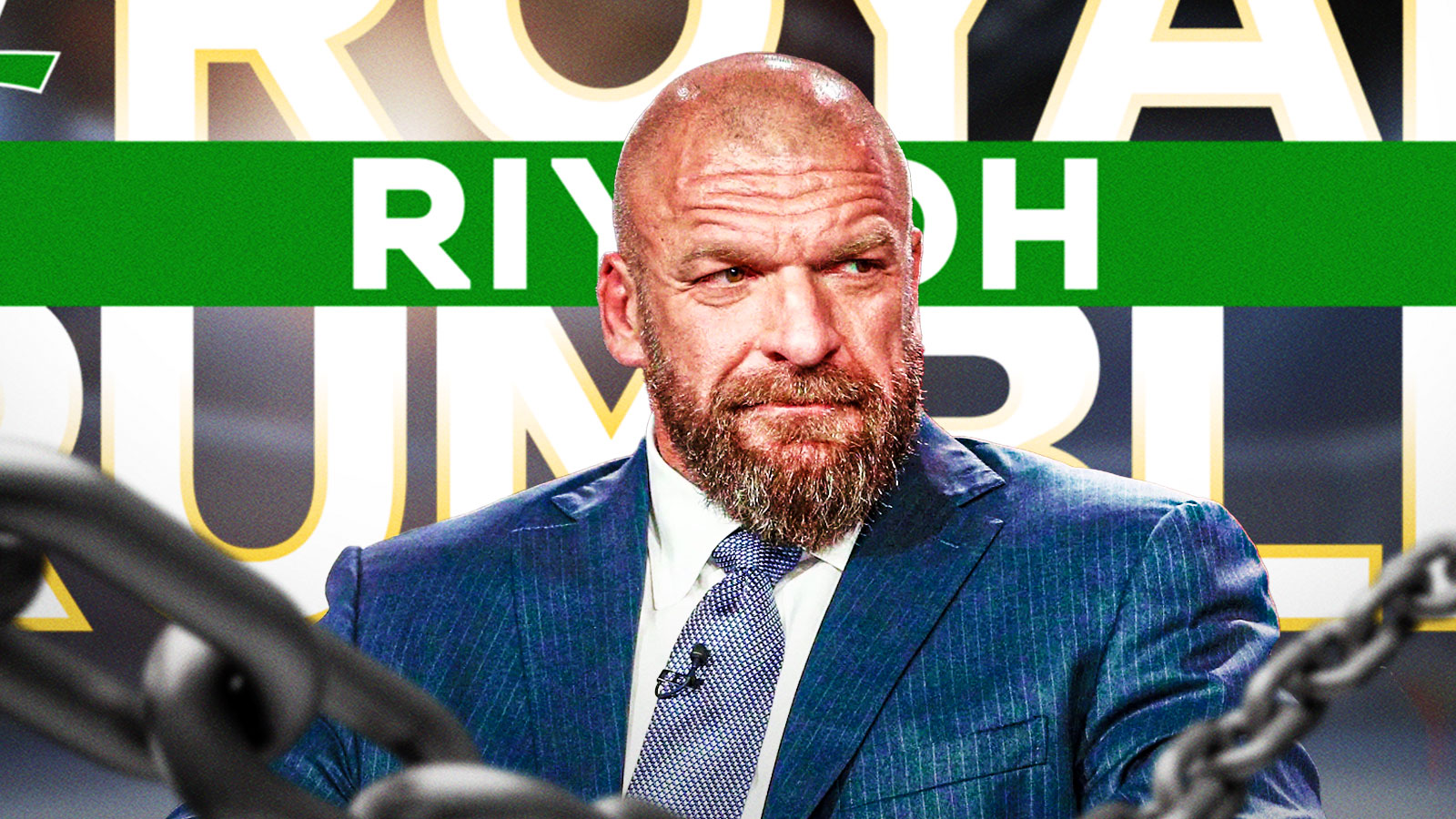Though he hasn't come face to face with Logan Paul since the former hit him with a buckshot lariat in the Elimination Chamber – that's coming on Monday's edition of RAW – Seth Rollins hasn't exactly been keeping his feelings close to his vest on “The Impaulsive One” heading into their long-rumored match at WrestleMania 39.
From talking trash on an episode of MizTV to his consistent critiques in just about any interview the former Sheild member gets booked for, Rollins has let it be known that he doesn't like Paul personally and doesn't appreciate what he represents. But is Paul bad for business? Making an appearance on After The Bell, Rollins was asked that very question and gave the show's hosts, Kevin Patrick and Corey Graves, a very interesting answer indeed.
“Yes and no,” said Rollins via Fightful. “There are obvious advantages to having people from outside of our world come into our world. Logan Paul is not a new phenomenon. We've been doing this in WWE for decades, and we're going to continue to do it for a long time after Logan Paul is gone. There's just a lot to be said about having these types of performers on our show and whatever they may be doing. You look at the Rock N Wrestling Connection, all the way back to Cyndi Lauper, the first WrestleMania with Muhammad Ali and Liberace, you had it all. It makes sense. It's a different beast, I feel, when you start getting these people in the ring on a semi-regular basis. You look at Lawrence Taylor against Bam Bam Bigelow, perfect way to utilize these celebrities. Lawrence Taylor was an athlete beforehand, one of the greatest linebackers in NFL history, and also, a guy who wasn't calling himself a wrestler. He didn't go around getting a big head thinking, ‘I can do this, I'm so good at this; this is a cakewalk for me.' I don't want people going around thinking that's what wrestling is, that it's paint-by-numbers, somebody programs you, and you're going to be just fine.”
“Now you're the biggest star, you're the best thing that has ever happened, and that's what the business has become. If every single one of us just followed that road map, there wouldn't be a wrestling business because nobody would be able to do the d*mn thing. That's not what it is. It is making the towns, having hundreds and thousands of matches in different cities in front of different-sized crowds. It's learning your trade. This idea that you can, poof, hop on a camera, film yourself, do some crap on social media to become a star and have some worth in the world, maybe I'm an old crotchety man, but I don't understand what value you're giving back to the world.”
“In the Logan Paul situation, I don't understand what long-term value he's going to be able to give back to us. It's one thing if you come in, do your thing, and leave, but this dude has a contract with WWE. He's supposed to have a few matches a year. That doesn't make you an ambassador for the business; that's not what wrestling is. I don't want my students, I don't want the next generation coming up and thinking that's how you make it in wrestling. If everybody follows that model, the business is dead.”
As the owner of a wrestling school, Black and Brave Wrestling Academy, in Davenport, Iowa, it's understandable that Rollins wouldn't be the biggest fan of people like Paul who “skip the line” to parlay their star power outside of WWE into star power in it. Still, considering all of the accolades Paul receives for his efforts, it doesn't seem like the social media star is just phoning things in either, as he genuinely seems to enjoy the art of wrestling and is darn good at it too.
What’s @WWERollins’ beef with @LoganPaul? It’s about the future of sports-entertainment. Find out more as The Visionary joins @WWEGraves & @kev_egan on #AfterTheBell, available now wherever you get your podcasts!
🎧: https://t.co/oNq5fgtMsT pic.twitter.com/tgbByTQxhA
— WWE After The Bell (@AfterTheBellWWE) March 3, 2023
Seth Rollins comments on becoming a fan favorite in WWE.
Elsewhere in his interview on After The Bell, Rollins was asked about his journey through WWE and how he's grown from a young gun to one of the more popular superstars both in the ring and in the locker room.
“Oh absolutely. I mean, being a human responsible for another human makes you grow up in a way that you never really — you guys know, you’re both dads, you get it,” Rollins said via Post Wrestling. “Soon as you get that kid, everything changes for you; priorities shift, but yeah, just maturing as a performer, as a human. Everything all kind of comes together at the right time. It’s very much a perfect storm of events, and so I’ve felt more comfortable in my leadership role backstage than I ever have. I think that translates as well to being able to — you have to lead by example, right? So you can’t be giving people advice and then not taking your own advice, and so, being able to have that mental capacity to understand what I need to do to be a better leader for the locker room and for everybody else who might want the position I find myself in right now allows me to kind of take the blinders off a little bit. Not be so, like you said, how I was in NXT where I’m going, me, me, me, me, me, me all the time and that’s allowed a lot of these stories with Riddle, with Cody, with Edge to grow and that’s allowed, I think, people to just attach themselves to me audience-wise in a way they never have really had the opportunity to.”
Despite being firmly coded as a heel for years now, the “Whoa-s” of Rollins' theme are often some of the loudest segments on any given WWE show, with fans cheering for and cheering on the man formerly known as the “Monday Night Messiah.” Though he doesn't get along with everyone, as Paul, Cody Rhodes, and many others will tell you, Rollins has somehow become one of the true pillars of WWE, which seemed far less of a sure thing when made his debut under the moniker in NXT a decade ago.

